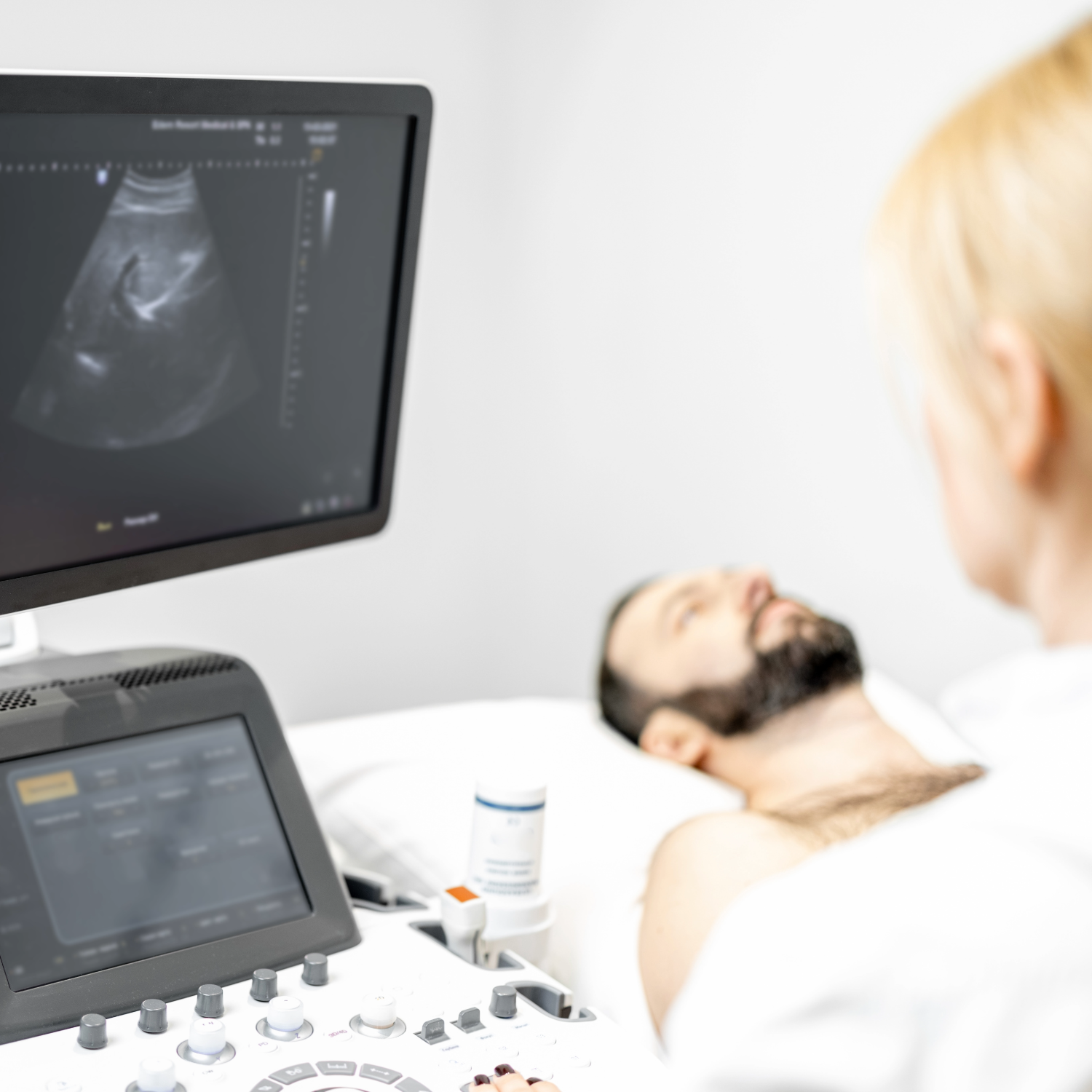What is Primary Sclerosing Cholangitis?
Primary sclerosing cholangitis (PSC) is a rare liver disease that damages the bile ducts inside and outside the liver. Inflammation occurs in the bile ducts causing them to become scarred and narrowed until they eventually become blocked. These blockages prevent the flow of bile which is needed for digestion. As bile becomes trapped in the liver, the liver becomes damaged. Over time this can cause fibrosis and cirrhosis of the liver and eventually liver failure.
PSC progression differs for each person, but it helps to know the basic facts. PSC Partners Canada provides resources and support to help you understand the disease.


How is PSC diagnosed?
PSC can be diagnosed at various stages of progression. Many people go undiagnosed for years and only find out there is something wrong through a routine liver blood test. Some are diagnosed because they are having PSC-related symptoms, even while their PSC may still be at an early stage. And others will be diagnosed because they have advanced PSC, and symptoms of advanced PSC have started.
When PSC is suspected, a medical provider follows a process to confirm the diagnosis. Typically, the process starts with a review of the patient’s medical history and a physical exam. From there, blood tests or liver function tests (LFTs) will help evaluate the liver’s health. If PSC is suspected, a special MRI test called an MRCP will be ordered to look for typical characteristics of PSC in the bile ducts of the liver. Sometimes, but rarely for diagnosis, additional tests might include an ERCP or possibly a liver biopsy.
Read more about the various tests and procedures used to diagnose PSC.
What should I expect when diagnosed with PSC?
Everyone’s PSC journey is different. In general, PSC is a chronic progressive disease that currently has no treatment that has been proven effective at slowing PSC progression or providing a cure. There are however treatments and medical interventions that may help with symptoms or complications related to PSC.
It is not easy to predict the rate of progression for any one person. Some patients need transplants sooner, and some never need a transplant. Typically, PSC progresses slowly, with current studies estimating the median time from diagnosis to liver transplantation to be 21 years.
Some people experience common PSC symptoms such as abdominal pain, itching, or fatigue or may not have any symptoms at all. It is important to be familiar with the disease to recognize the signs of PSC. One complication to know about is acute cholangitis, a bacterial infection of the bile ducts, that can develop at any stage of PSC and requires prompt treatment.


Find a support community when you are ready
If you are newly diagnosed with PSC, we can help.
- PSC Partners offers two support groups on Facebook – open and closed
- The Resources section of this website provides many resources to help answer your questions.
- Patient stories gives a first-person perspective on living with PSC.
- Those living with PSC or their caregivers can request a community mentor
- Join peer-to-peer virtual ZoomRoom support gatherings or attend an event to network with other people diagnosed with PSC
- Join the mailing list to receive the quarterly e-newsletters and to be notified about in-person meetups in Canada and PSC Partners’ annual patient conference
Key facts about PSC
- PSC does not discriminate based on age, race, or gender.
- PSC is considered a rare disease in Canada, impacting over 4,000 Canadians in 2024.
- More than 75% of PSC patients have inflammatory bowel disease (IBD) , either ulcerative colitis (UC) or Crohn’s disease.
- PSC also is associated with other autoimmune diseases.
- PSC Partners Canada funds research that is aligned with our mission to drive research towards treatments and a cure and to provide support to those affected by PSC.
Related Resources

Some individuals affected by primary sclerosing cholangitis (PSC) may encounter few, if any, symptoms. Commonly experienced symptoms can include pain, fatigue, pruritus, jaundice, depression, as well as chills and fever.

Untreated acute cholangitis (bacterial cholangitis) in primary sclerosing cholangitis can cause serious complications. Learn the signs of acute cholangitis and when to seek medical care.

Commonly asked questions about PSC, including: what are the symptoms? Who gets PSC? What causes PSC? And more.

















